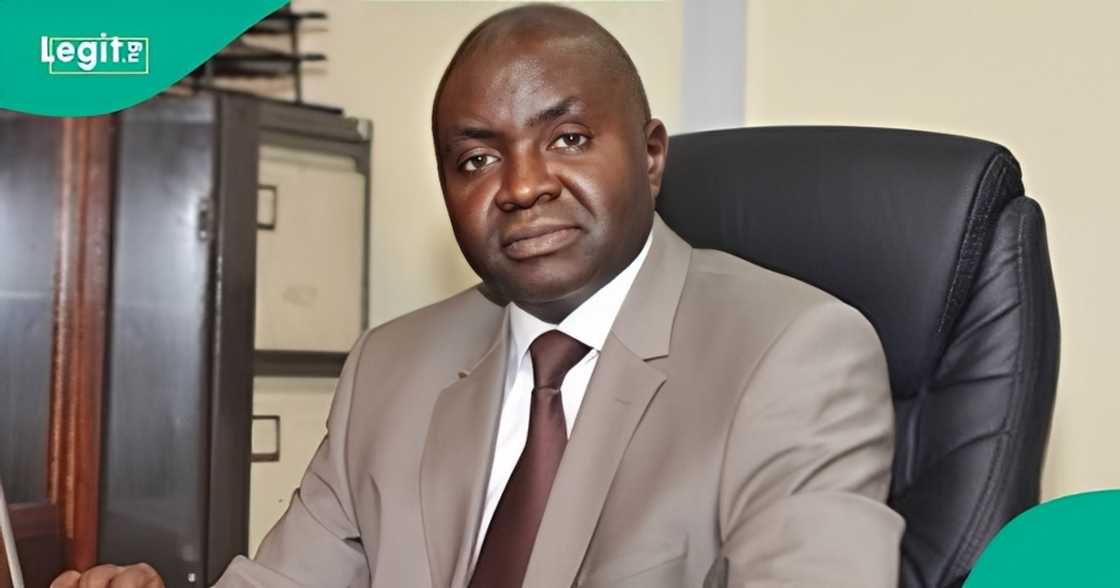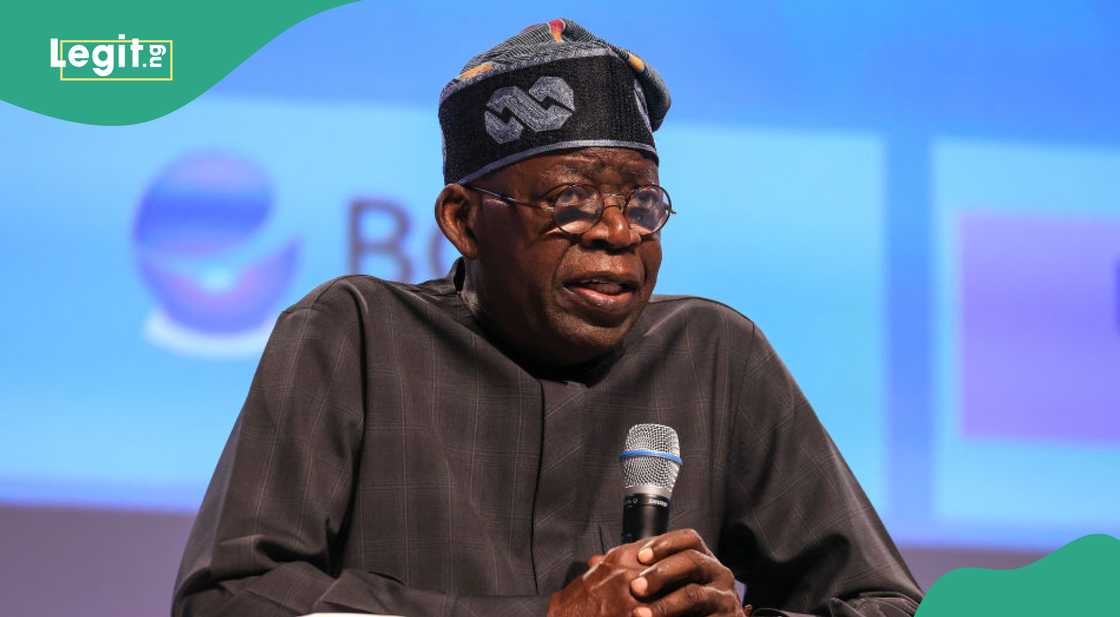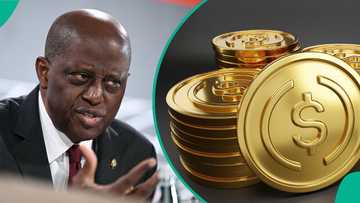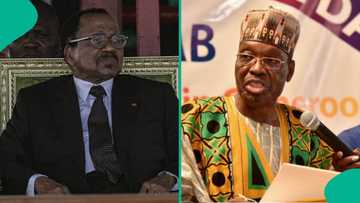Expert Explains Economic, Investment Implications of Tinubu’s Presidential Pardon
- The CPPE has explained the economic and investment risks associated with President Bola Tinubu’s recent exercise of mercy
- The think tank organisation frowns on the decision to grant clemency to persons convicted of corruption, financial crimes, and illegal mining
- In a message to Legit.ng, CPPE also made recommendations and why there is need to preserve investor confidence and social stability
Legit.ng journalist Dave Ibemere has over a decade of experience in business journalism, with in-depth knowledge of the Nigerian economy, stocks, and general market trends.
The Centre for the Promotion of Private Enterprise (CPPE) has warned that the recent presidential pardon granted to some convicted individuals could send the wrong signals to investors and undermine the credibility of Nigeria’s governance and justice system.

Source: Facebook
This was contained in a policy brief made available to Legit.ng titled “The Economic and Investment Implications of the Prerogative of Mercy”, released on Sunday, October 19, 2025, and signed by the Centre’s Director and Chief Executive Officer, Dr. Muda Yusuf.

Read also
Senator Natasha makes major prescription for Nigeria's solid minerals sector, "we must be careful"
Implications of the presidential pardon
According to the CPPE, while the prerogative of mercy is a constitutional right, extending it to offenders convicted of corruption, financial crimes, murder, drug, and illegal mining could have far-reaching consequences on the economy and investor confidence.
The organisation explained that illegal mining depletes revenue and fuels insecurity, corruption distorts fair competition, and drug-related crimes tarnish Nigeria’s global image.
It added that good negative image could discourage investment and erode public trust.
CPPE noted:
"Extending clemency and pardon to persons convicted of corruption, financial fraud, illegal mining, murder, and drug-related crimes has far-reaching economic and social consequences.
It also identified four key risks associated with such clemency, which include weakening deterrence and the rule of law, damaging investor confidence, creating reputational and governance risks, and demoralising law enforcement agencies that worked to secure convictions.
It said
“Investor confidence thrives on predictability, fairness, and justic. “When those convicted of economic crimes are pardoned, it raises questions about policy consistency, contract sanctity, and investment security.”

Source: Getty Images
Recommendation offered by CPPE
The CPPE urged the federal government to urgently review and rationalise the list of beneficiaries, reaffirm Nigeria’s zero-tolerance stance on corruption and financial crimes, and strengthen transparency in the exercise of executive clemency.
It concluded:
"Nigeria’s aspiration to build a competitive, diversified, and globally respected economy depends on the credibility of its institutions and the integrity of its governance.
"The perception of weak sanction regimes toward economic and financial crimes undermines this goal.
"To preserve investor confidence and maintain social stability, the government must demonstrate an unwavering commitment to accountability, effective consequence management, and the rule of law, as the credibility of Nigeria’s economic reform and investment promotion efforts relies heavily on these principles."
Economics experts grade Tinubu's policies since becoming president
Earlier, Legit.ng reported that the Independent Media and Policy Initiative (IMPI), a prominent policy think tank, has forecast a record-breaking year for Nigeria’s economy in 2025.
According to the group, the economic reforms introduced by President Bola Tinubu’s administration are reshaping Nigeria’s economic landscape, with substantial progress already visible across key sectors.
The group pointed to key achievements, including increased local petroleum refining and deregulation of the downstream sector.
Source: Legit.ng




